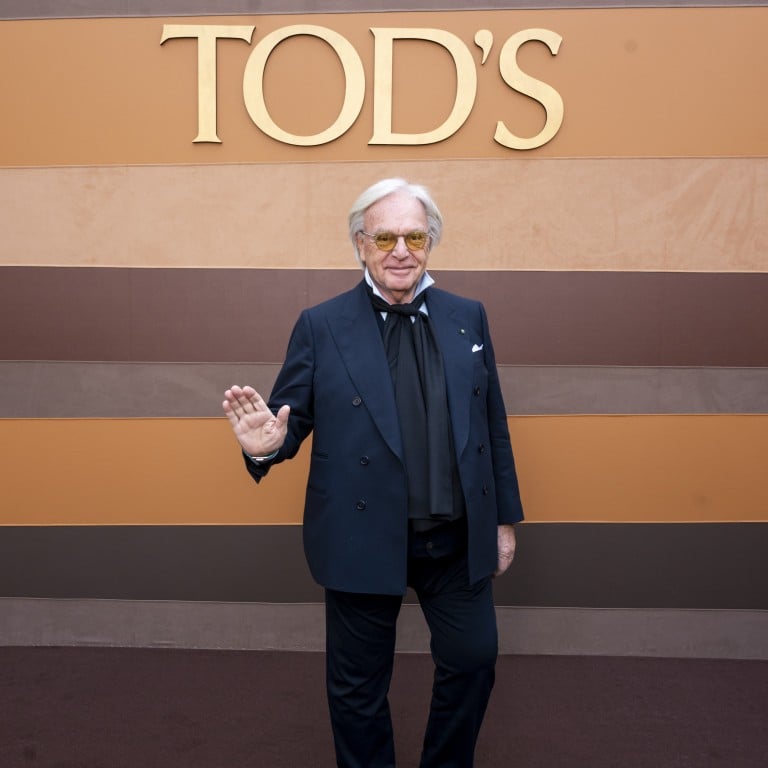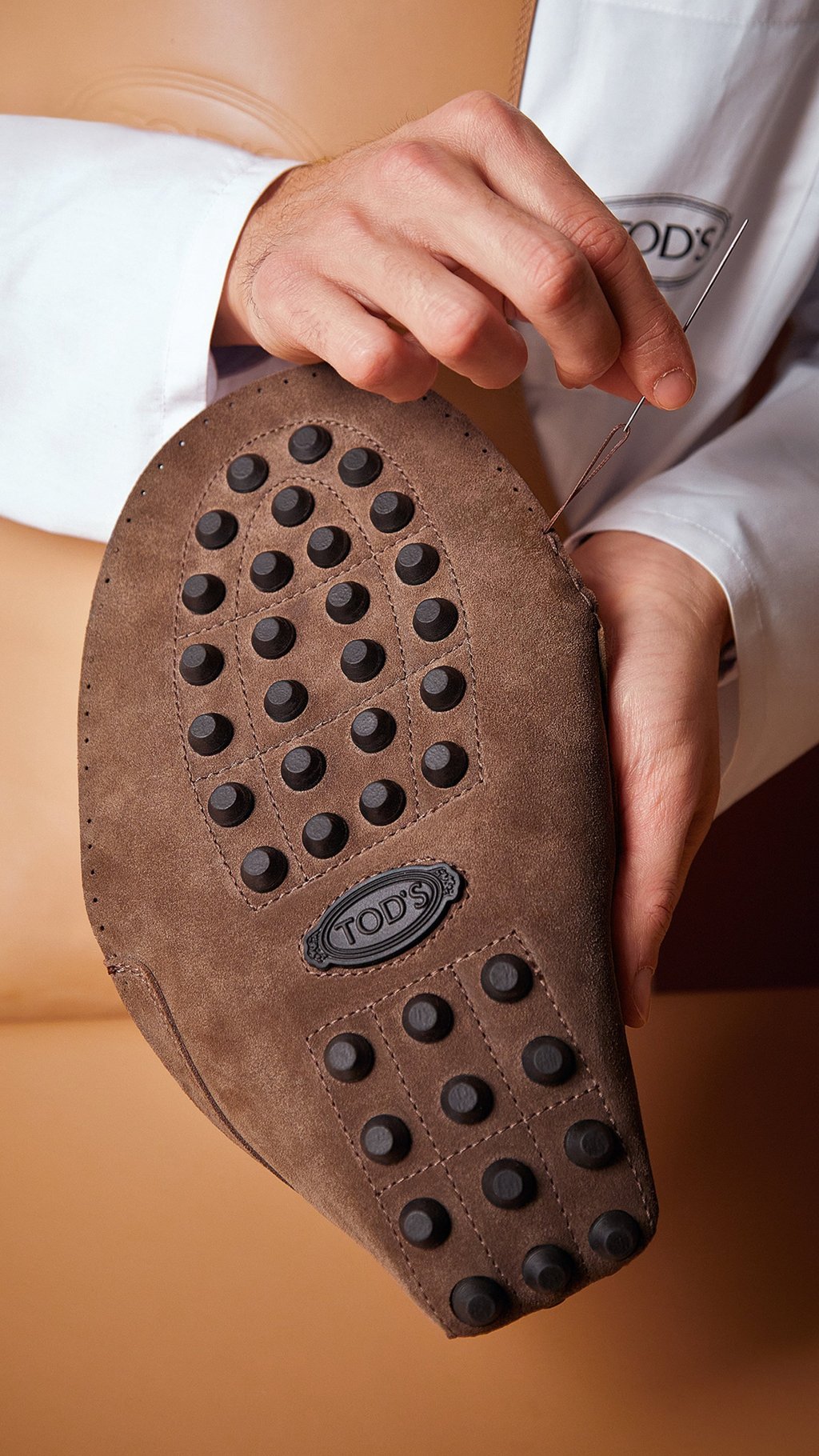Tod’s and Schiaparelli owner Diego Della Valle on the impact of Trump’s tariffs on the EU, AI’s inability to replace a true ‘Made in Italy’ artisan, and why the shoemaker doesn’t chase trends

The fashion mogul joined the family company 50 years ago and has since joined the board of LVMH too; but despite current headwinds in the industry, his focus remains on delivering timeless appeal
Italian luxury tycoon Diego Della Valle has been extolling the virtues of “Made in Italy” since he joined his family company back in 1975, when it was an anonymous firm making quality footwear for luxury brands. He eventually turned it into one of the most respected names in luxury: Tod’s.
His global ambitions were clear from day one. After fully taking the reins in 1979, Della Valle named the company J.P. Tod’s (later changed to the simpler Tod’s), believing that the English-sounding name would resonate around the world.
“Made in Italy” has become a byword for this precious know-how, often romanticised by brands trying to capitalise on the allure associated with Italian craftsmanship and culture.
Given his background and family history, it’s no surprise that Della Valle has become a de facto ambassador for “Made in Italy” and a defender of all it represents.

Last year, however, the prestige of that label came into question after the Italian government probed some factories making goods for high-end Italian and French brands over worker exploitation and safety.
Tod’s is one of the few vertically integrated Italian companies fully in control of its supply chains – it owns its own factories and does not have to rely on large numbers of external suppliers that are not always easy to monitor.
“You have to be careful not to demonise a brand just because it’s famous and say things that are not true just for [the sake of] headlines,” says Della Valle. “But [at the same time] when a brand is important and has a strong reputation, it’s not worth making little short cuts that from a financial point of view don’t really help, but from an image point of view can be disastrous. You also have to be careful because this affects the whole concept of ‘Made in Italy’ and its reputation, and journalists end up believing all this and then it becomes more dangerous when it spreads via social media because you can’t control it. Before talking about these things you need to actually visit these companies and not talk from an ivory tower.”
He’s seen it all, which is why he is very pragmatic about the current crisis gripping the luxury industry, especially in China, where reduced consumer confidence has impacted spending after the success brands experienced during and after the coronavirus pandemic.